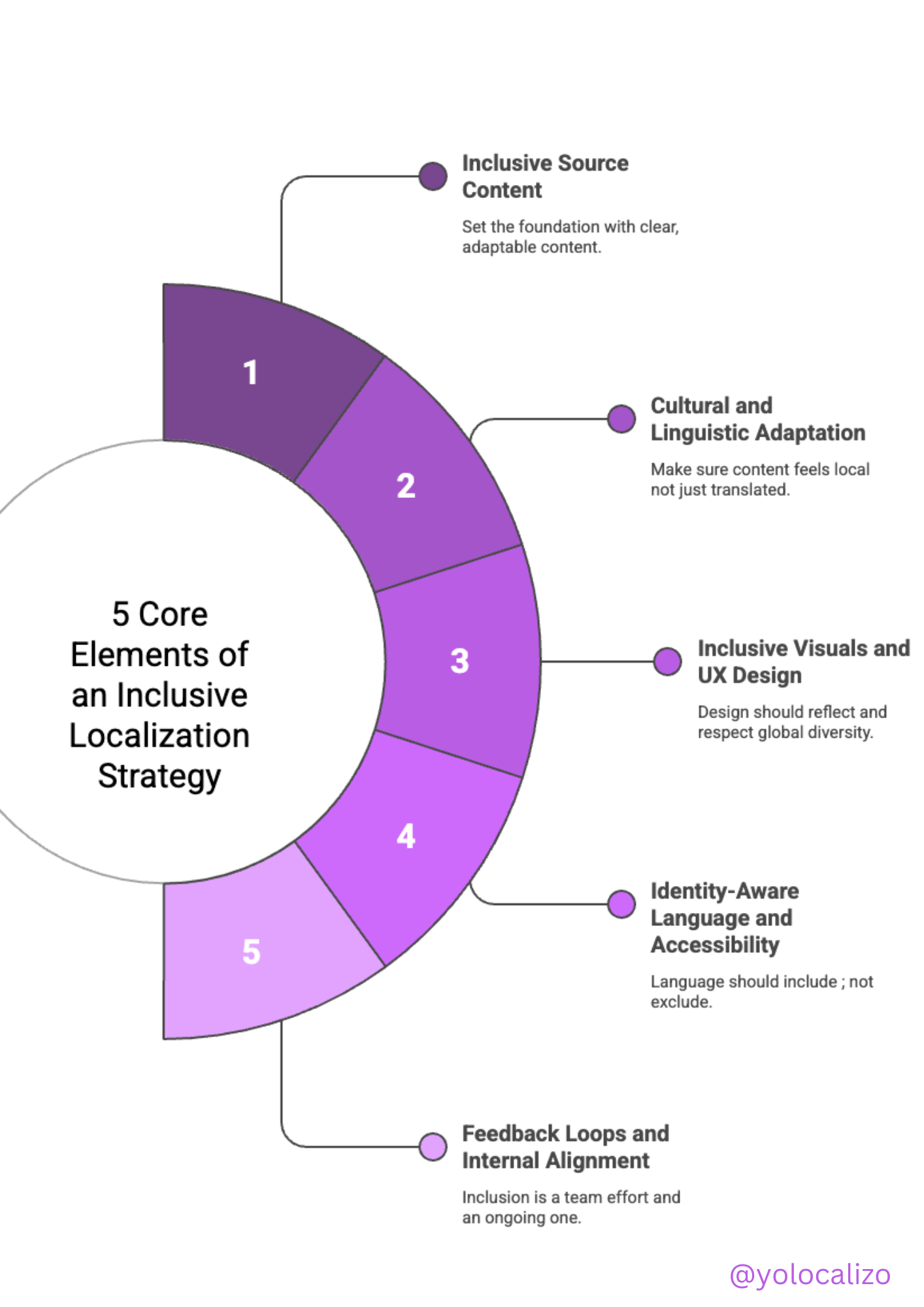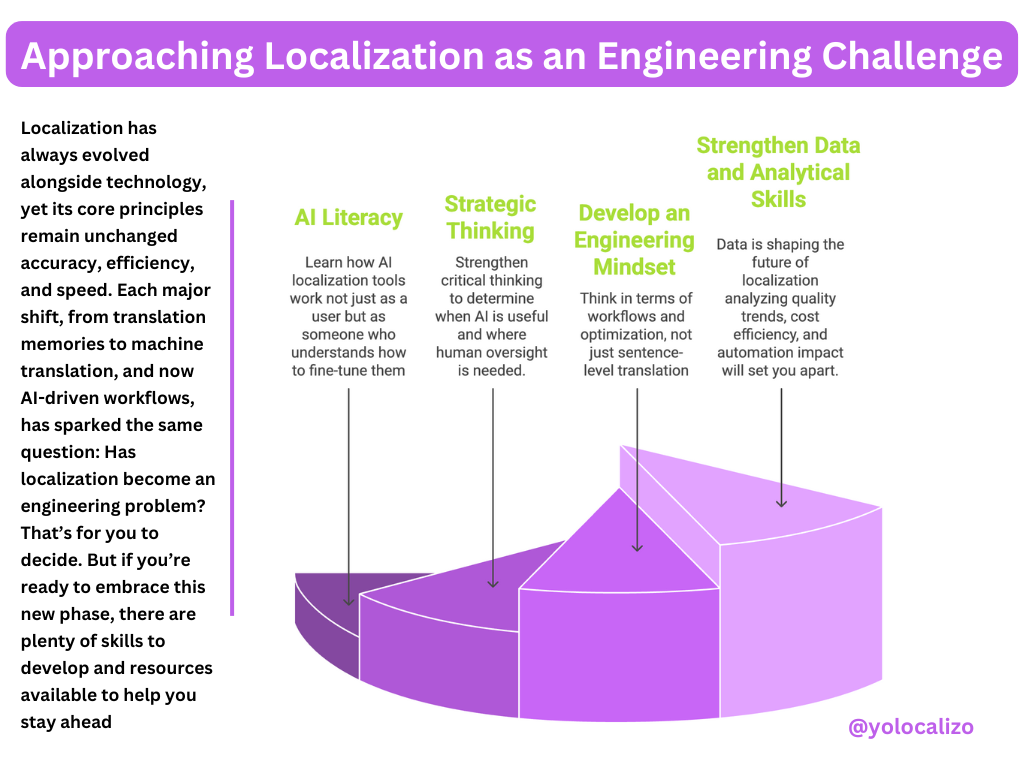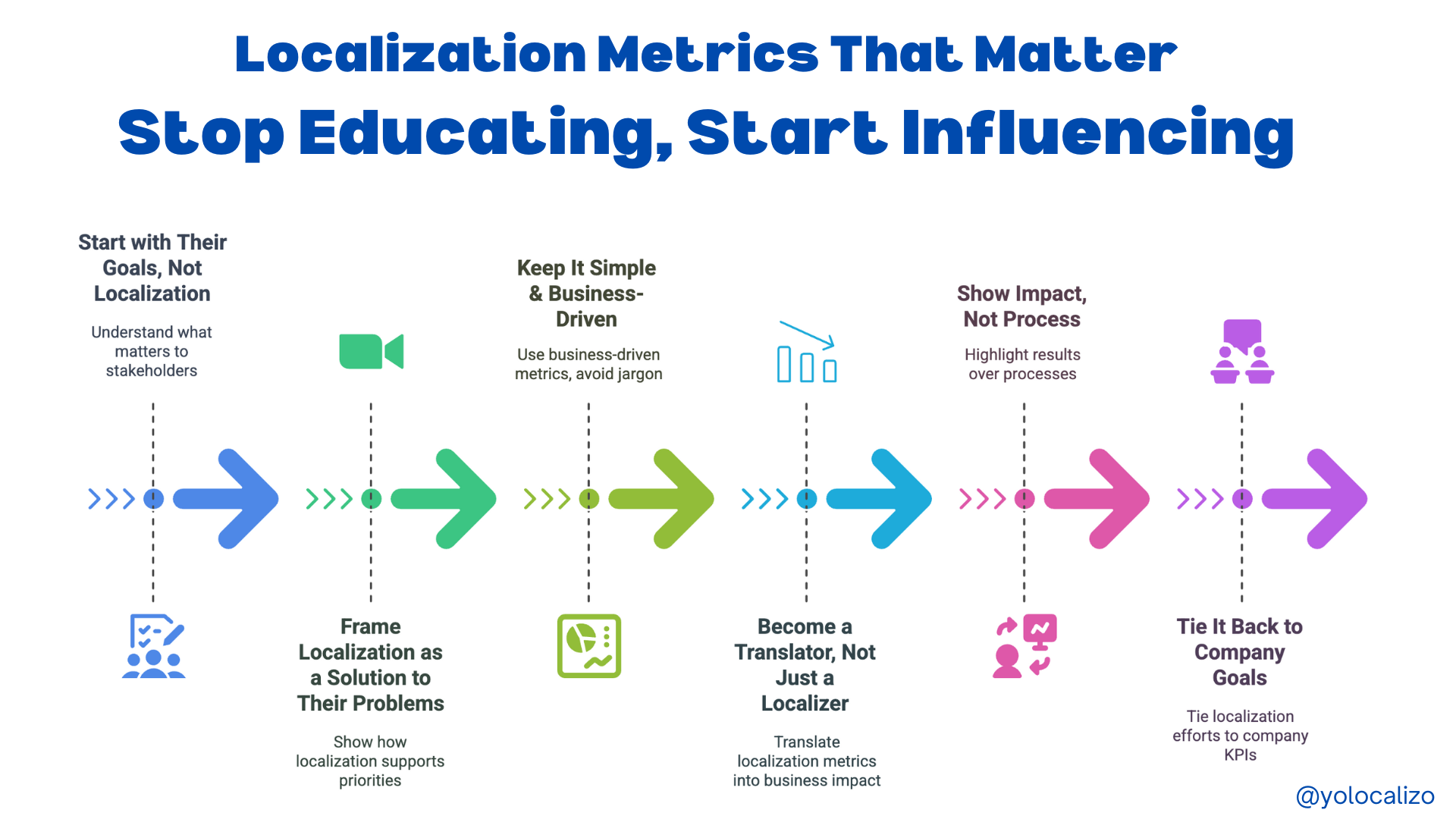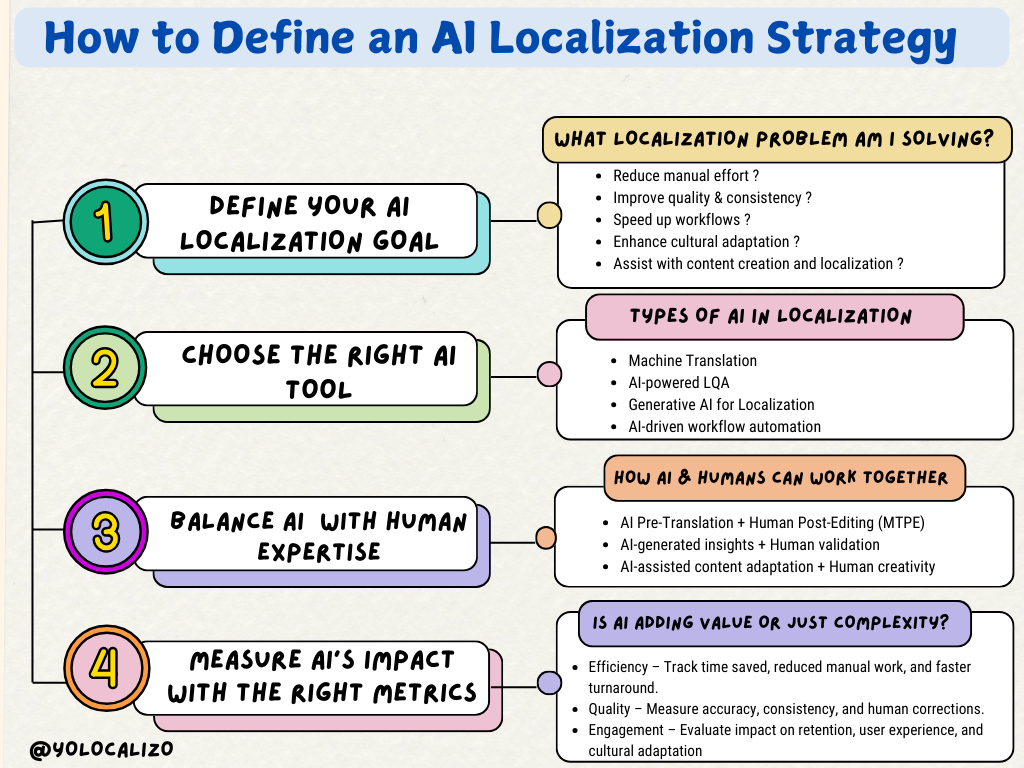It’s 31st December 2016 … the end of the year, literarily. It’s time for the assessment of this dying year and make predictions of the future, or that’s the impression I have while having breakfast with my older son.
We are enjoying the first “Roscón de Reyes” of the Christmas season. This year we are a little behind the schedule, my Roscón de Reyes skills are a little bit rusty. I need to work on that!
We are watching Bloomberg channel in the the TV of our kitchen, when suddenly one of this apocalyptic news came into our little screen.
The Jobs Most Likely to Be Replaced by Robots
TV channels love this kind of news, also apparently website/newspapers love these headlines too!




When the news is over, my son looked at me and he asked me “Will you be replaced for a robot as well?” I looked at his innocent eyes and I told him “No, I don’t think robots will take over Localization any time soon!” … then he smiled and he said, then “I want to be a Translator” …. And I told him “I don’t think that’s a good idea” …. And this post will explain why.
It’s very true that Translators is one of the professions difficult to replace for a robot (38%) , I even checked it in this site (it’s amazing there are sites like this!) but on the other hand I must reckon the great advance of machine translation in the last years.
My first contact with Machine Translation (MT) was 15 years ago, I was involved in a project to create an application to facilitate the communication between patients and doctors. The typical situation where an immigrant arrived to a country; and s/he feels sick and s/he needs to explain to the doctor the symptoms … that’s a very common situation and I was amazed when I saw the first beta of this software program (at that time we did not call the software apps 😃 ). The suggested translation from the native language of the patient to the doctor was fairly good decent quality. There were different pair of languages source-target to select. That was quite impressive for the early 2000s. It was 15 years ago and during last years there has been a persistent, steady, incessant progress in MT of services such as Google Translator or Skype Translation but still I believe machine translation is far from replacing humans.
I know this statement is risky, and that I should never say never, specially when it comes to technology. But I believe Translators will not be replaced by robots. So why I don’t recommend this profession to my son? Is it that I don’t believe in the Localization/Translation industry as an opportunity for his future? NO!!! At the contrary! with so many languages in the world, and in this globalised industry we are living I do really believe translators are necessary
“There are roughly 6,500 spoken languages in the world today. However, about 2,000 of those languages have fewer than 1,000 speakers.”
However I do really believe that if my son wants to work in this industry I would recommend him to work as “Transcreation specialist”
In this area I definitely believe that machine translation is not catching up any time soon (and son believe me it's better paid!)
I do still remember when working at the vendor side we were paying up to 0.14€ per word for certain basic languages such us FIGS, now, in most of the cases this is almost science fiction. Big competition of individuals offering cheaper rates and the use of MT reduced rates over 50%. However those old rates per word are still achievable, but we need to do it in the Achille’s heel of the machine translation. That’s Transcreation.
Why MT will not replace Transcreation needs? MT is very good solution to provide an initial draft of translation for big volume of certain material, for example reference material and instructions. It’s in this type of translation activity where prices are continuously going down.
Many vendors offer very competitive prices with MT+post editing. This is a very valid approach when we have a large bulk of content to translate and the general meaning is enough; or when we are translating documents for internal use or when communicating by email. It might be a valid solution as well for FAQ. This type of documents is fast food translation. It helps to satisfy our short term needs but it’s not the best possible solution.
When MT is not great? MT is not great when the context is important, and that’s precisely what it’s done in Transcreation. Transcreation is one of the most difficult subareas of the Localization industry because the translator (or creative language specialist as I prefer to refer to them) needs to understand perfectly the English source and transmit it to a different language; using local references to create synergies with local speakers. In these situations context is very important, and human beings by defaults we are very good with contexts!, but machines they don’t know about context . Transcreation is an area that I don’t think machines will replace humans any time soon. Why I’m so sure about this statement?
Transcreation is the area where MT has his Achille’s heel. MT suffers when they need background. Computers can’t understand context. It’s true that what it’s known as Neural Machine Translation (NMT) is trying to solve this problem. Basically NMT works building a system that learns to map a whole sentence from source to target, all at once, all together . For those familiar with Translation Memories it would be like a huge fuzzy match approach at a document level. The idea is good but this system needs a lot of training. Google announced his popular service is using this technique but I do think we are far away to solve transcreation with MT or NMT. Why do I believe this?
Languages are very complex and some words has many many meanings.Let’s take as an example the word “run”
According to an Oxford study the word run might have 179 different possibilities.
Those are many contextual references to take into account. For example, how my computer can pre-translate "Cristiano Ronaldo runs very fast" (sorry R.Madrid reference again! 😃) from "My car runs on diesel" Those "runs" are quite different, but, ok, I'm going to assume for a few second that NMT manages to find a good translation to solve these dilemmas, but, the reality is that in transcreation complexity goes to a total whole new level, a level that I don’t think machine translation will reach soon. Let’s see this with an example for a better understanding.
This is a text about a campaign of a popular game (oops!😃)
When this is approached from a transcreation angle, the transcreation specialist has the freedom to workaround in order to create a unique message. A sticky message, a message that it can be related to something trendy in the target country.
In this specific case this live campaign is nicely adapted making references to a popular song from Pitbull
And the campaign looks like this for Spanish
Credited Freedman International
Amazing transcreation job done here, Well done guys! Pitbull is known in South America and also in Spain so the same Spanish version will work perfectly in a few countries. These are the type of factors that I don’t think a machine can interpret, maybe one day we will have machines, robots or Siris enjoying Pitbull (though that would be something to be deeply concerned 😃 ) … but in the meantime I will keep enjoying old Christmas traditions such as Roscon de Reyes and 12 grapes ! … and I’ll keep suggesting my song not to work as Translator but as "Transcreator" (if he’s still interested in this industry in a decade or so 😃 ) because machines cannot do Transcreation!
For the moment, the utopia of computer-generated translation is a dream worth having, but it's a dream. If you disagree please leave me a comment! I would love to exchange thoughts with you!
This is my last post of the year and I want to take the opportunity to wish you a very fruitful 2017, and I do really hope you find many opportunities to spend time with your friends and family. And I also hope you find the right path to pursue your dreams, whatever those dreams are! Have fun tonight! Y Feliz Año Nuevo!!
@yolocalizo
















Localizability has always been a challenge small issues in source content often lead to big problems later in translation. In this post, I explore how AI is giving localization teams a powerful new way to improve source quality, reduce friction, and create better content for every market right from the start.